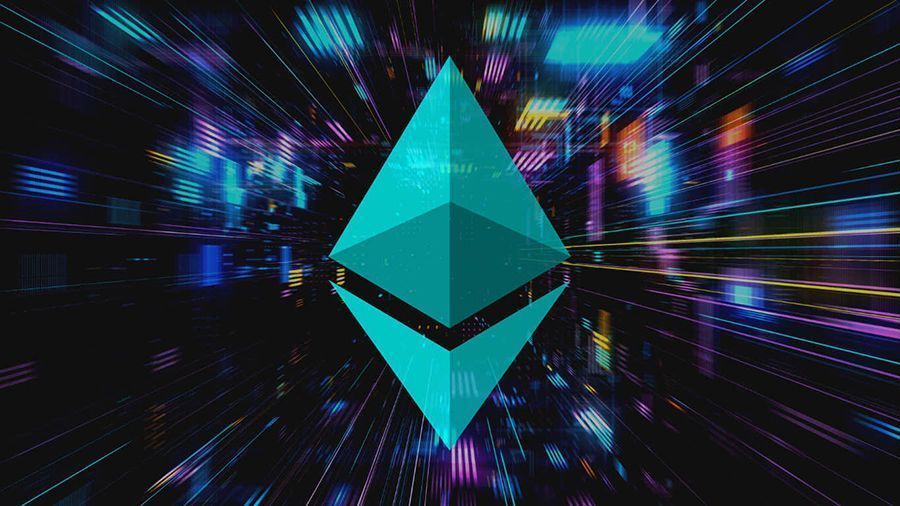Developer Eric Conner announced the upcoming implementation of the EIP-1559 Ethereum enhancement. It provides for the burning of ETH when paying commissions.
EIP-1559 will improve user experience, enhance network security, and increase block size as needed. After its implementation, new ETH coins will no longer be issued. In addition, EIP-1559 will lead to the destruction of a large number of ethers. They will be burned after every transaction processed on the Ethereum blockchain, which is very different from the current mechanism.
Today, Ethereum has the ability to manually set gas charges. Therefore, some users may increase the commission so that the miners process their transaction faster. As a result, two serious problems arise: network congestion and “sky-high” fees for conducting transactions in Ethereum.
EIP-1559 will make an important change, Conner said. The network will automatically offer a base fee (“BASEFEE”) based on network activity to optimize the speed of all transactions and prevent blockchain clogging. Most of the ethers will be burned when gas is consumed. As a result, the number of coins will start to decrease and their supply will become limited.
Despite the bright prospects, eventually EIP-1559 could destroy all existing ethers. However, the improvement can only be implemented on the existing Ethereum network using the Proof-of-Work consensus method. Ethereum has already begun its transition to Proof-of-Stake (proof of stake). On December 1, within the framework of the zero phase, the “signal chain” (Beacon Chain) was launched.
As the next phases of Ethereum 2.0 roll out, miners will give way to stakers using their own nodes to confirm transactions on the network. Unsurprisingly, miners previously did not approve of the new fee model when implementing EIP 1559.







